Welcome to the XPRIZE Book Club, a living directory of books to help frame solutions-driven thinking in the domains of Equity, Exploration and Environment. Each week, we’ll post a new title for fellow curious minds and futurists. Bookmark this page or check back as the list fills with all the material you need for a future-positive mindset.
THE IMPORTANCE OF BEING INTERESTED
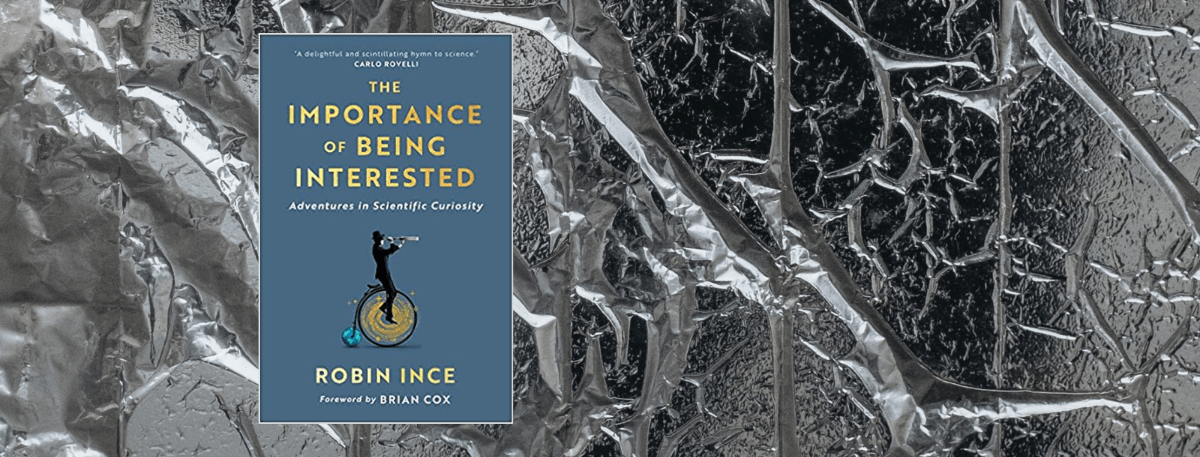
Innovation = curiosity + knowledge. To stay inspired to innovate, we need to stay curious about the world around us. Enter this month’s book club: The Importance of Being Interested: Adventures in Scientific Curiosity in which Robin Ince explains why scientific wonder isn't just for the professionals.
KLARA AND THE SUN
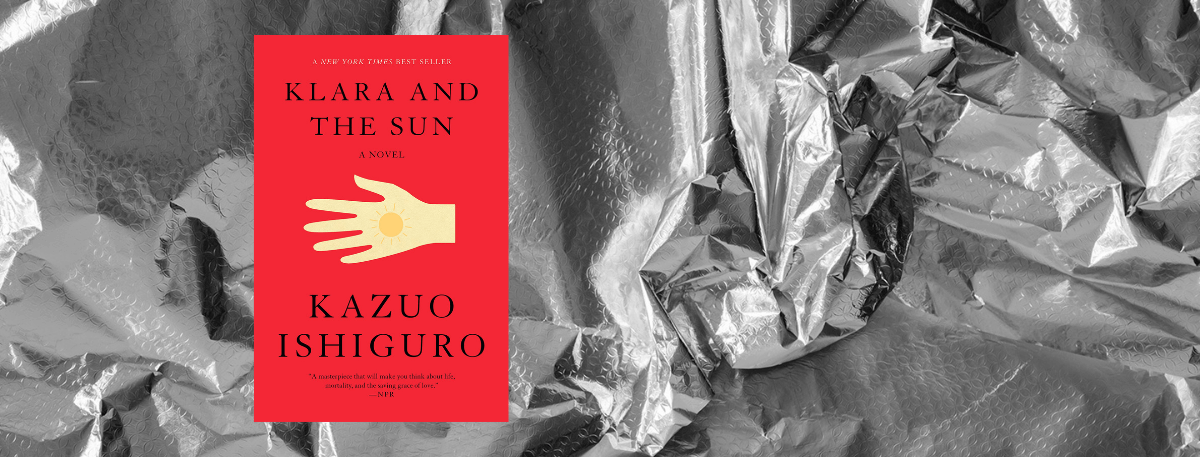
This month’s pick is the eighth novel by Nobel Prize-winning writer Kazuo Ishiguro, Klara and the Sun – a dystopian science fiction book giving us an insight into humanity through the unique perspective of a machine with feelings. It’s nothing short of a masterpiece.
REGENERATION: ENDING THE CLIMATE CRISIS IN ONE GENERATION
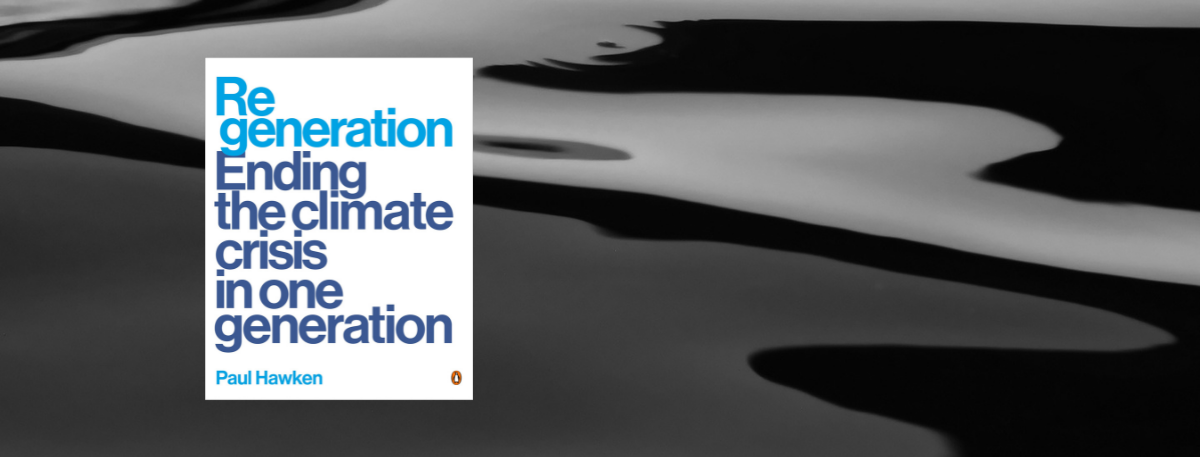
Doable, science-based, and people driven… just how we like it. In his latest book, Regeneration, American environmentalist Paul Hawkin offers a range of actions that can collectively work to reverse the overheating and degradation of our planet.
MACHINEHOOD
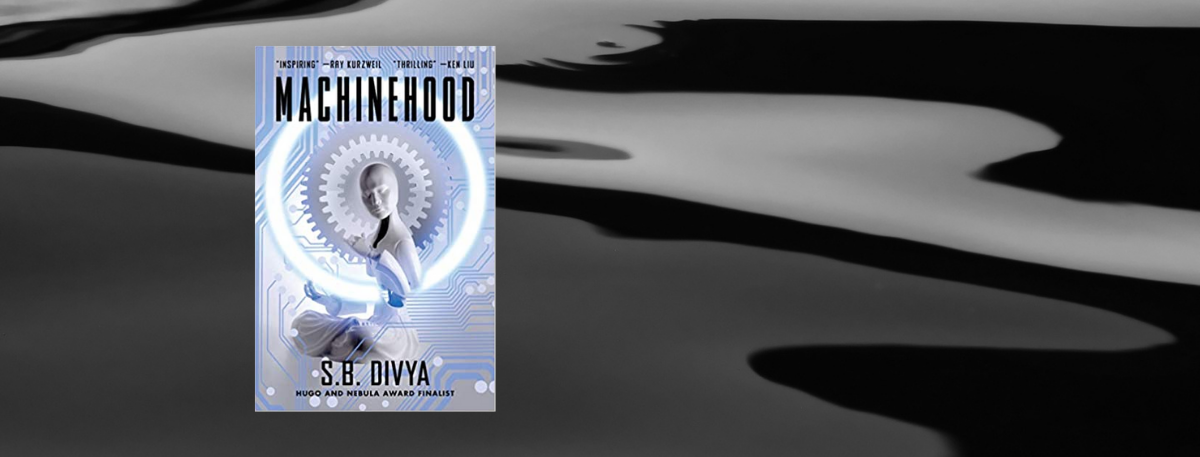
Astronaut and XPRIZE CEO Anousheh Ansari picks our book of the week: Machinehood by S.B. Divya, a science fiction thriller set in the year 2095... a future where humans live alongside sentient robots. A gripping read for your journey up to space, just don’t forget to look out the window. 📚
MUSICOPHILIA: TALES OF MUSIC AND THE BRAIN
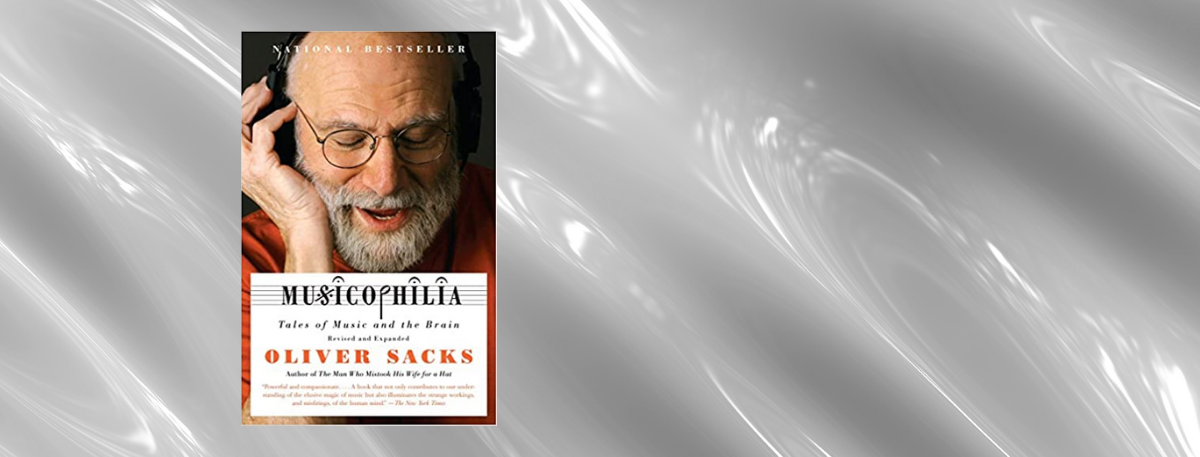
Neurologist, naturalist, and historian of science, the legendary thinker Oliver Sacks wrote Musicophilia: Tales of Music and The Brain, an ode to music’s effect on the brain, and with it, on our wellbeing and happiness
WE CAN DO BETTER THAN THIS
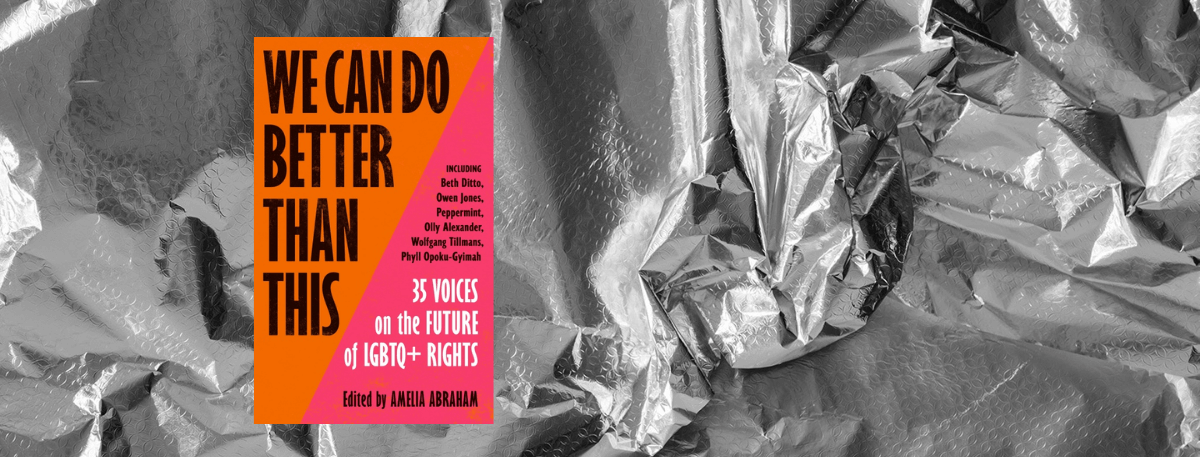
What are the most urgent frontiers in the fight for LGBTQ+ rights? With 35 voices, including activists, performers and writers, We Can Do Better Than This is an anthology of personal stories highlighting the issues facing LGBTQ+ around the world today – and what we can do about them. Edited by XPRIZE’s own Future Positive podcast host Amelia Abraham.
YOU'RE NOT LISTENING: WHAT YOU'RE MISSING AND WHY IT MATTERS
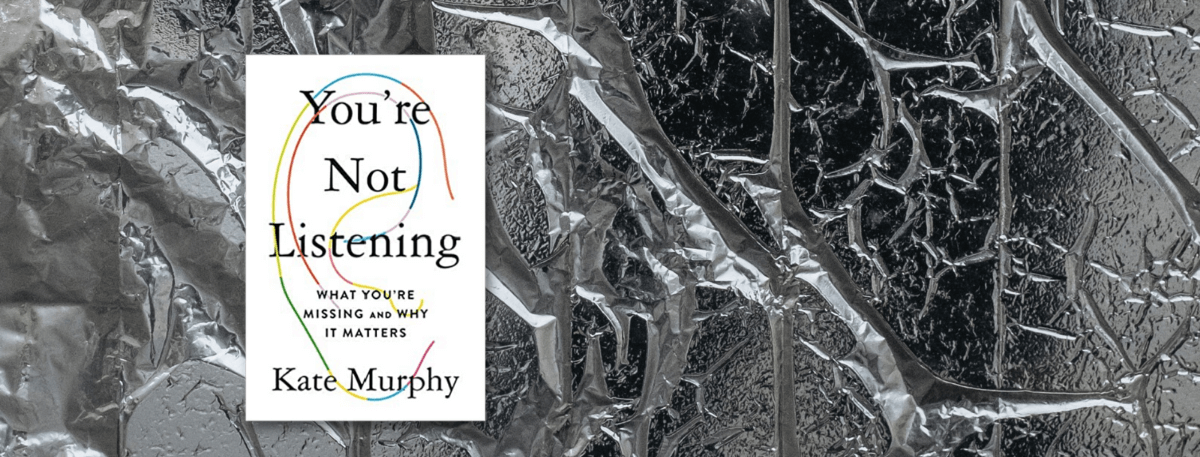
Listening is not just a sense but a skill too – and one we need to practice, according to journalist Kate Murphy in You’re Not Listening: What You’re Missing and Why It Matters. Traveling the world talking to expert listeners from priests to CIA interrogators, Murphy makes a case for why listening improves our relationships, working lives, self-knowledge, and creativity.
ENERGY: A HUMAN HISTORY

From wood and coal, to oil and water (and that’s just the first few chapters) Pulitzer Prize winning writer Richard Rhodes’s Energy: A Human History is about as comprehensive as a look at global energy security can get, making it our latest Book of the Week.
TWENTY THOUSAND LEAGUES UNDER THE SEA
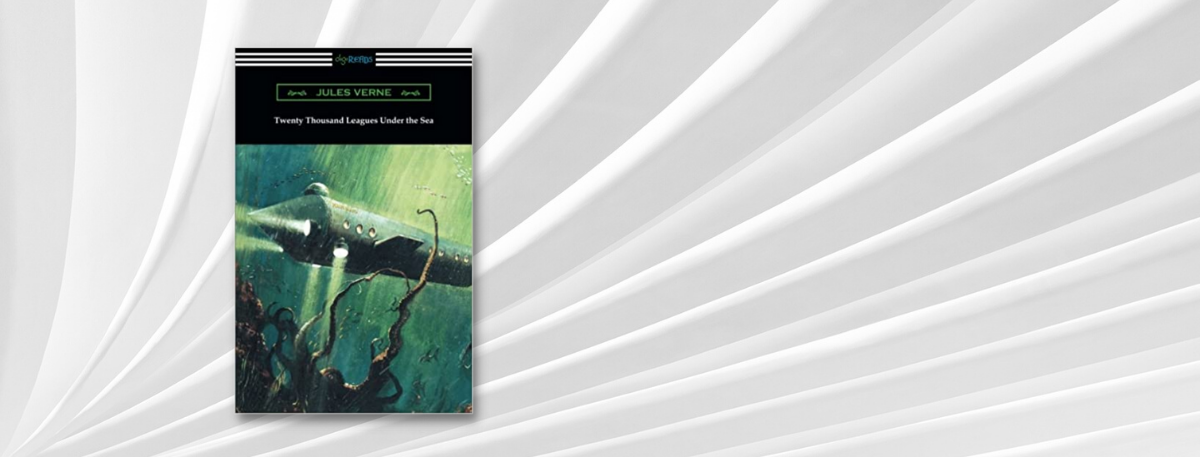
You know we like to throw a classic your way every once in a while. This week’s book pick is Twenty Thousand Leagues Under the Sea, Jules Verne’s famous science fiction adventure novel, written way back in 1872. 📚
FLOATING IN DARKNESS
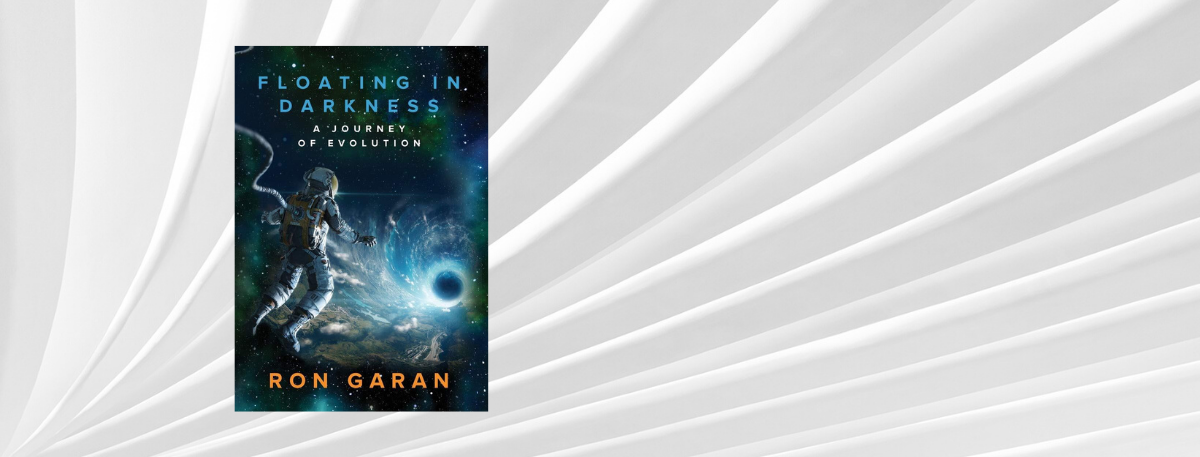
Work isn't always Zoom calls and spreadsheets, sometimes it's dog-fights, space walks, and deep sea missions. XPRIZE friend (and astronaut) Ron Garan shares his life experiences and a meaningful perspective on our place in the universe. Check out this week’s Book Club feature, Floating in Darkness.
LOSING THE NOBEL PRIZE
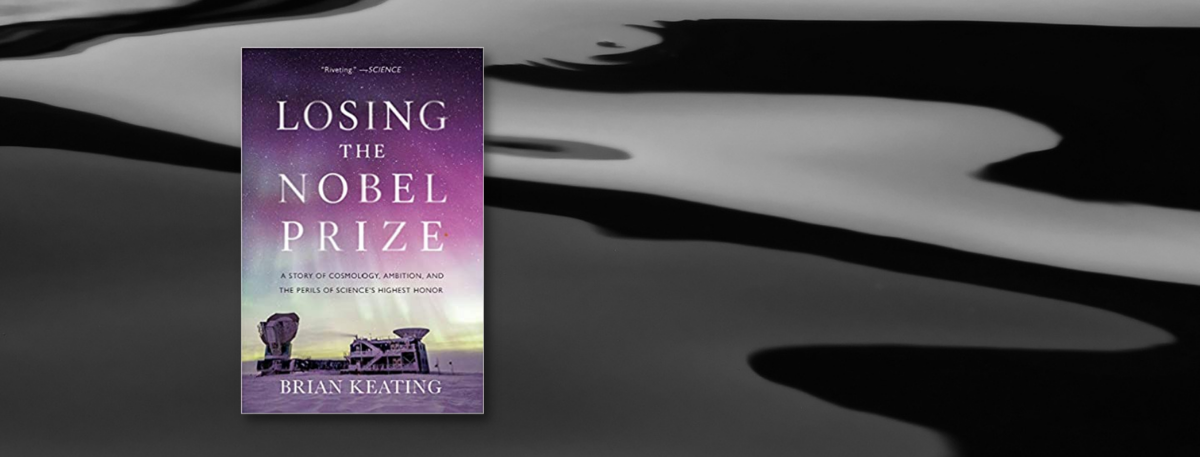
Losing is just as important as winning when it comes to growth, maybe even more important. Losing the Nobel Prize is observational cosmologist Brian Keating’s personal story about the ambition and resilience required to work in science, as well as an inquiry into the Nobel Prize institution.
WANDERLUST

Time to pause and appreciate the planet. Rebecca Solnit’s Wanderlust is this week’s Book Club, spiritual meditation on the wonders of the Earth. She asks: What does it mean to be out walking in the world, whether in a landscape or a metropolis, on a pilgrimage or a protest march?
NEUROMANCER
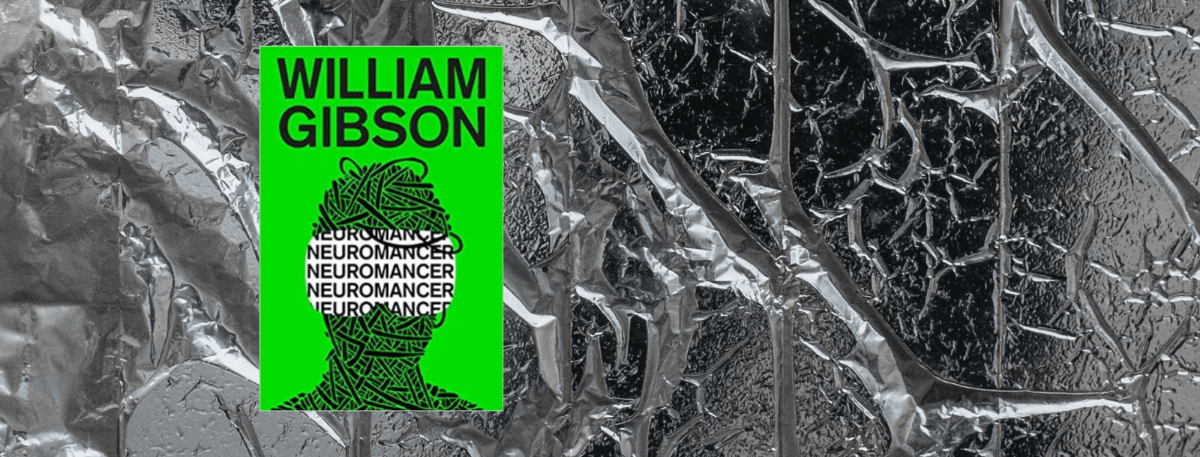
The book that predicted the internet, William Gibson’s 1984 cyberpunk novel Neuromancer, had to be our XPRIZE Book Club addition this week. Random trivia: Neuromancer is the only novel to win the Nebula Award, the Philip K. Dick Award, and the Hugo Award – making it a sci-fi legend.
WE ARE THE WEATHER: SAVING THE PLANET BEGINS AT BREAKFAST

American writer Jonathan Safran Foer is not just known for his bestselling novels, but also his two nonfiction books about the meat industry. Eating Animals made waves when it came out in 2014, but our Book Club pick is the more recent We Are The Weather: Saving the Planet Begins at Breakfast, which takes on the global food crisis in a deeply personal way.
TURNED ON: SCIENCE, SEX AND ROBOTS
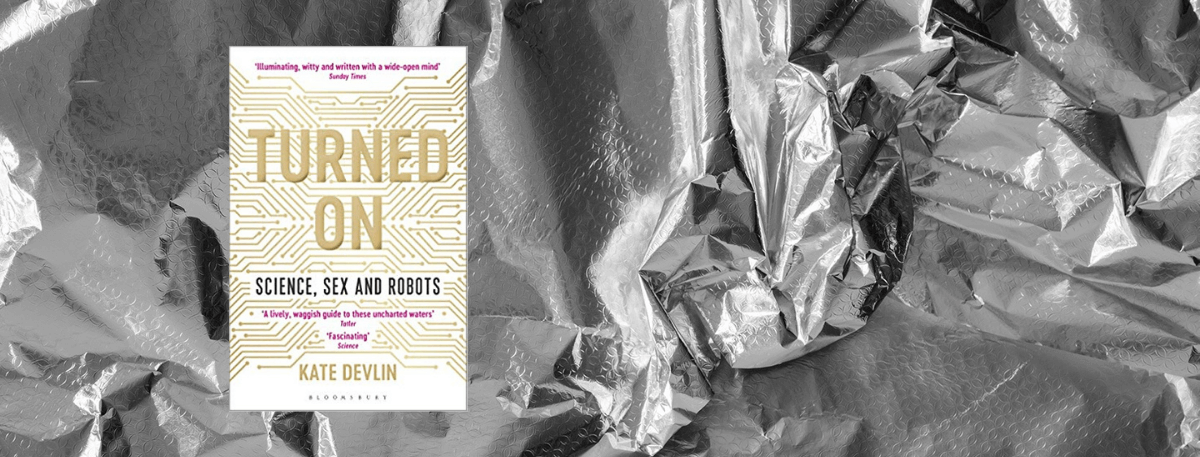
The idea of the seductive sex robot is the stuff of myth, legend and science fiction, yes, but also, increasingly, reality. Our Book of the Week Turned On: Science, Sex and Robots by computer scientist and author Kate Devlin explores the psychological effects this tech might have and the questions about gender it could raise.
BRAIDING SWEETGRASS

For this week’s Book of the Week we’re reading Braiding Sweetgrass: Indigenous Wisdom, Scientific Knowledge, and the Teachings of Plants, by Robin Wall Kimmerer. A botanist and a member of the Citizen Potawatomi Nation, Braiding Sweetgrass brings together her scientific research and Indigenous knowledge to offer a powerful guide for how we can awaken our collective ecological consciousness, and build a more reciprocal relationship with nature.
DAWN

Before computers, VR and avatars, how did we escape to far fetched lands? Through the written word. Sci-fi author Octavia Butler crafted complex alternative future universes that have earned her cult sci-fi status.. and a Hugo Award. Check out her 1987 book Dawn (which Ava DuVernay is currently adapting for TV) and teleport yourself to an alternate reality.
THE POWER
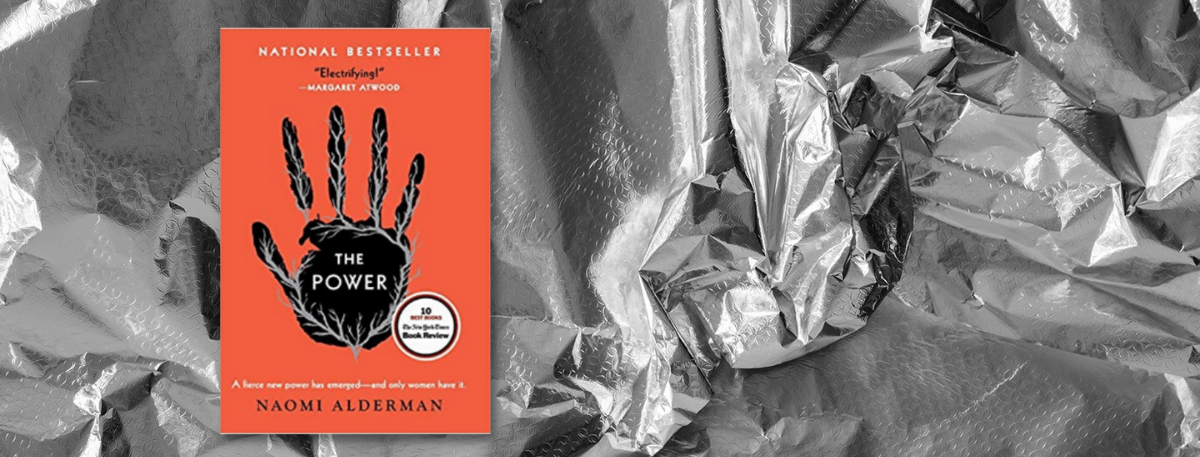
The week’s XPRIZE Book Club is Naomi Alderman’s acclaimed 2016 science fiction novel, The Power. In it, a twist of nature allows females to release electrical jolts from their fingers, and as a consequence, women become dominant, taking over the world. We won’t say much more, but there’s a reason this book has a cult following.
ONCE UPON A TIME I LIVED ON MARS
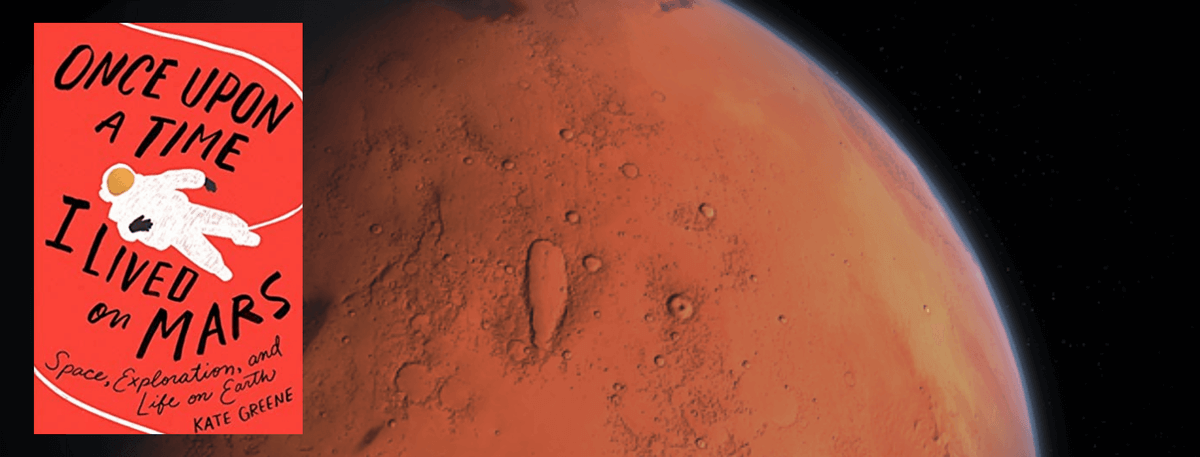
In 2013, Kate Greene moved to Mars – or at least, a simulation of it on the slopes of Mauna Loa in Hawaii. Alongside five crew members, she embarked on NASA’s first HI-SEAS mission, living, working, and sleeping in an isolated geodesic dome. This week’s Book Club, Once Upon a Time I Lived on Mars: Space, Exploration, and Life on Earth, is Greene’s memoir about the experience, as well as a fascinating investigation of our human instinct to explore.
THERE IS NO PLANET B
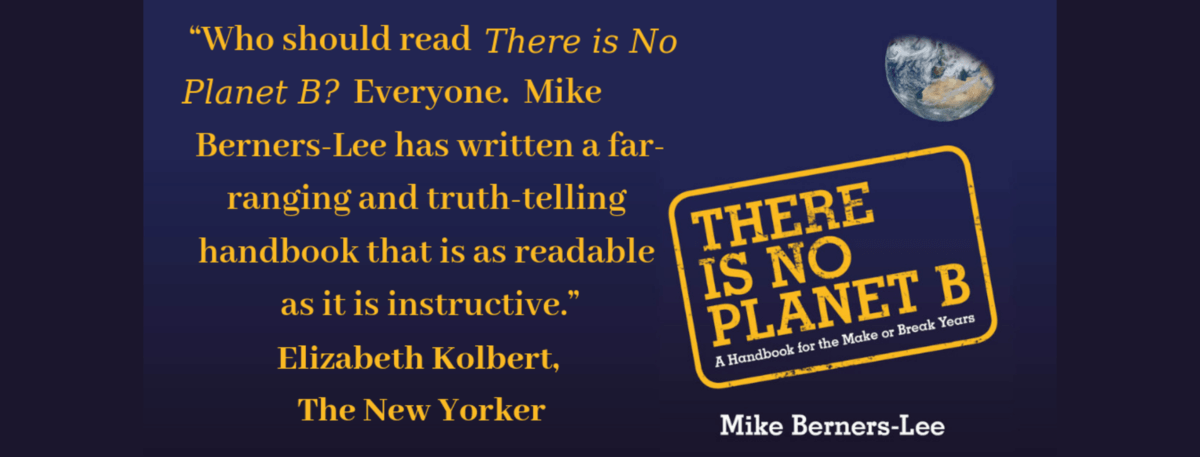
It’s hard to know where to start when tackling an issue as big as global warming. When in doubt, look at the facts, the science and its analysis. In an accessible and entertaining way, Mike Berner-Lee’s book, There is No Planet B, maps out this big-picture perspective on the environmental and economic challenges we face, and how each and every one of us can make a difference so humanity can thrive, and so can our planet
INFERIOR: HOW SCIENCE GOT WOMEN WRONG
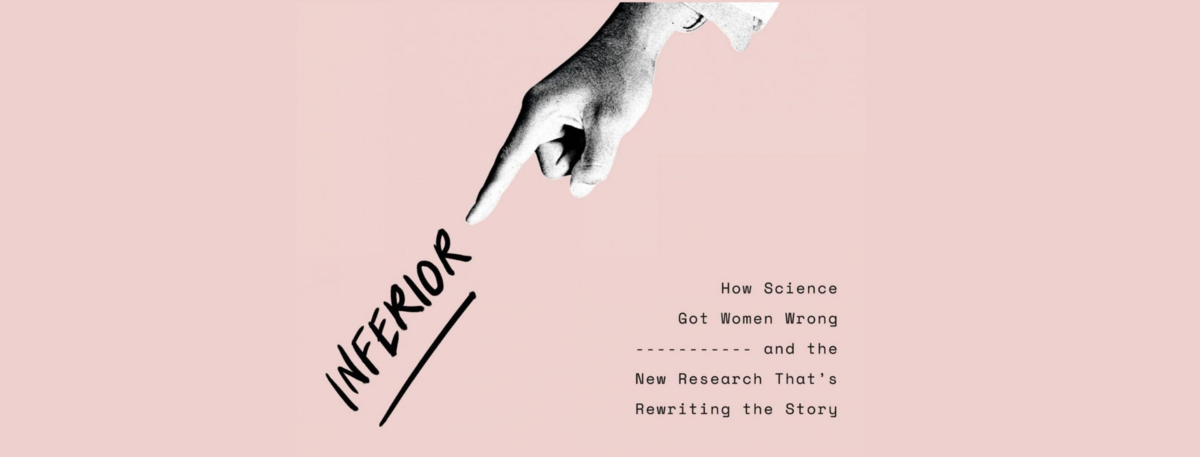
Science isn’t always accurate. For hundreds of years, women were considered the inferior sex across biology, psychology, and anthropology (despite women rarely being in actual studies). Charles Darwin even suggested women were at a lower stage of evolution. Thankfully, in our latest addition to XPRIZE book club, Angela Saini’s book Inferior, the science journalist throws it all out the window and asks us to start over.
LEADING THE WORKFORCE OF THE FUTURE
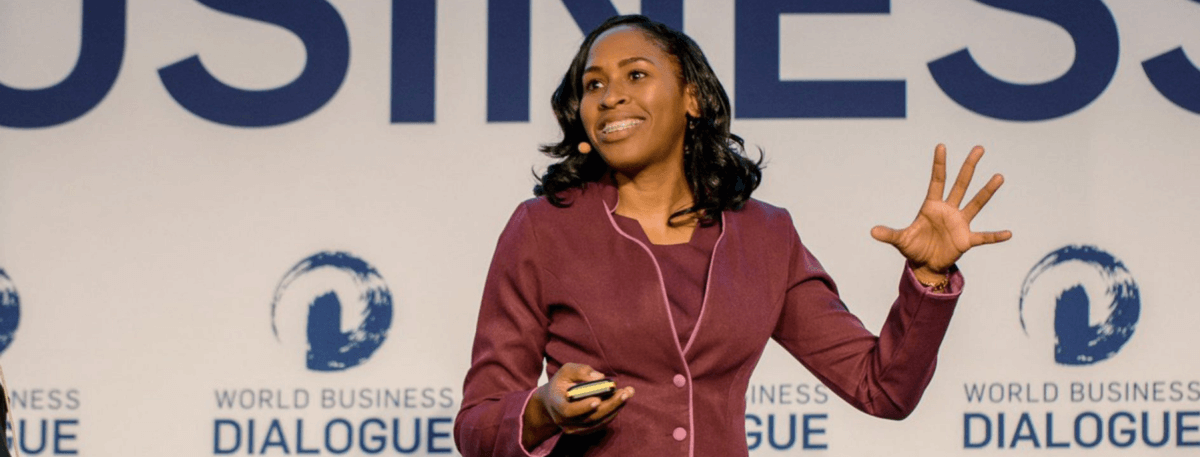
We know upskilling and reskilling are necessary for an equitable future - but how does one actually get started? This week in the XPRIZE Book Club, we’re clapping our hands for Brigette Tasha Hyacinth’s book, Leading the Workforce of the Future. Innovate the skills of yourself and your workforce so everybody wins.
THE SINGULARITY IS NEAR
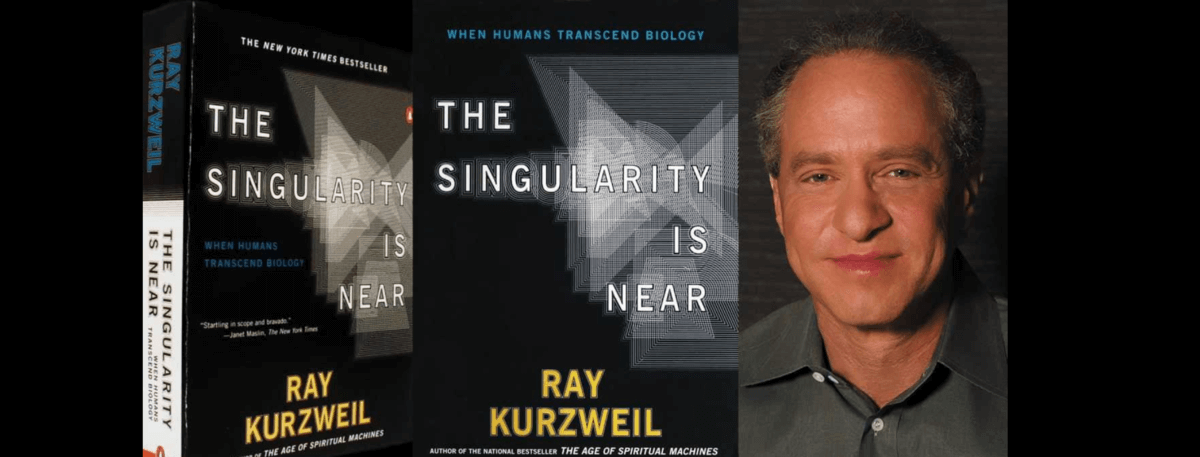
As one of the leading electrical engineers, scientists and futurists of the 20th century, author Ray Kurzweil provides a hyperbolic glance into humanity’s latest epoch of evolution - technological singularity. From the expansion of human memory to the utopian possibilities of AI, can humans really transcend biology? Find out for yourself in The Singularity is Near.
THE MUTANT PROJECT
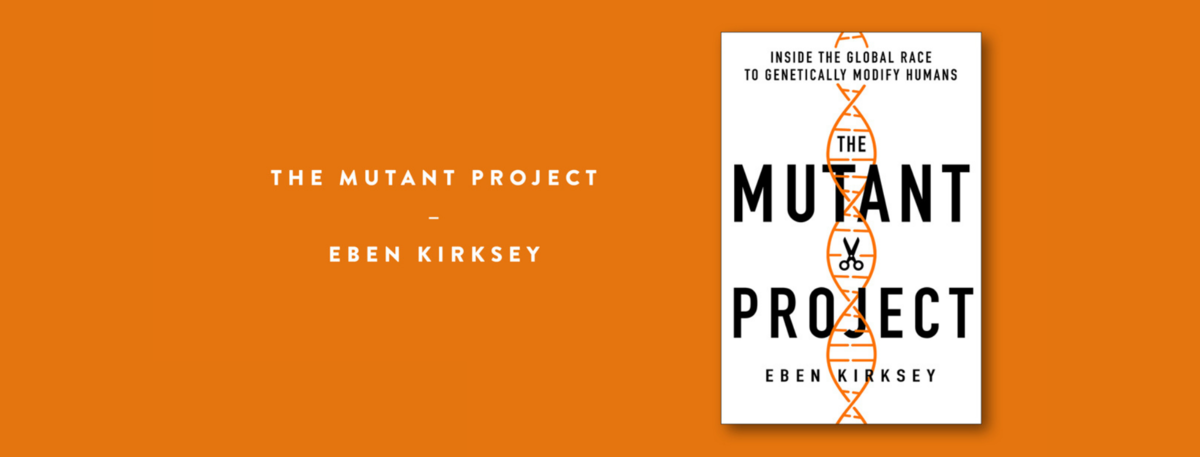
Genetic engineering might soon be as easy as a trip to your local clinic. In Eben Kirksey’s book, The Mutant Project, he goes inside the global race to genetically modify humans by speaking with scholars, doctors, hackers, chronically-ill patients, and activists, who all have alternative ideas of a genetically modified future for humanity.
THE LONGEVITY PARADOX
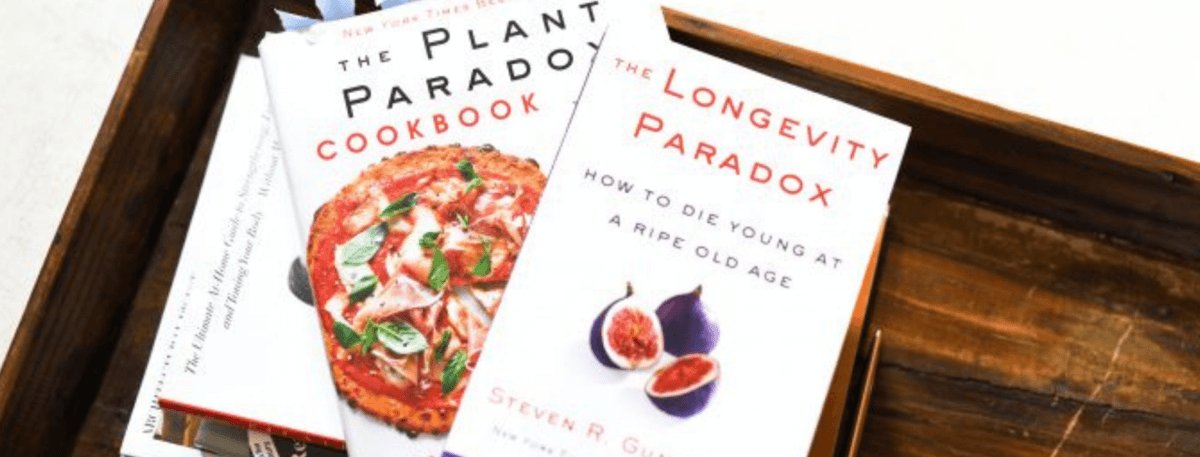
From the moment we are born, our cells begin to age - but aging doesn’t have to mean decline. World-renowned surgeon, Dr. Steven Gundry, has treated mature patients for the majority of his career, so he’s seen first-hand how everyone thinks they want to live forever until they see the suffering of their parents, and even peers too. In his book, The Longevity Paradox, he presents a new approach to aging well, while still enjoying your youth.
CRADLE TO CRADLE: REMAKING THE WAY WE MAKE THINGS
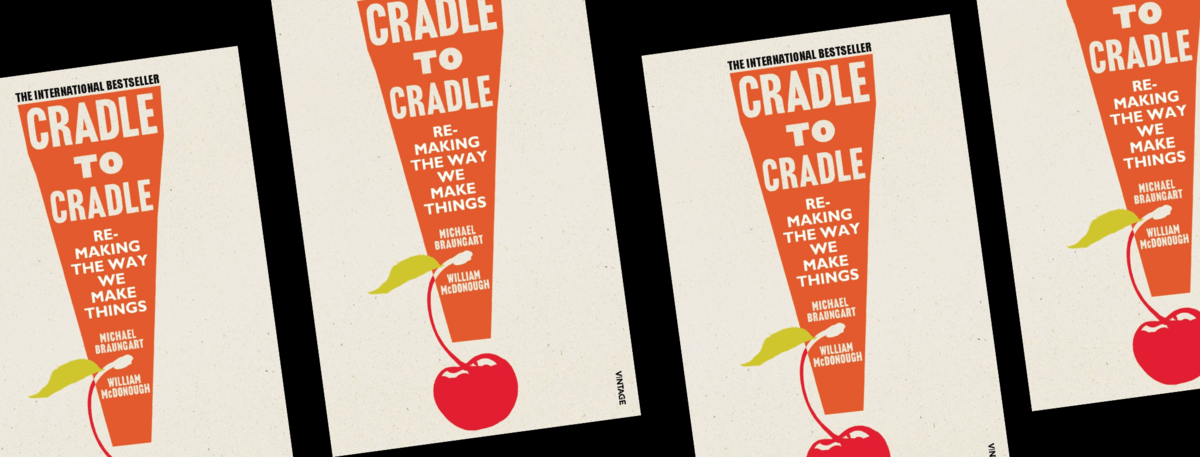
Did you know that up to 90% of the materials used in traditional manufacturing models end up as waste? Cradle to Cradle: Remaking the Way We Make Things envisions a world where we don’t have to harm the natural environment in order to create new products.
TAKING A BREAK FROM SAVING THE WORLD
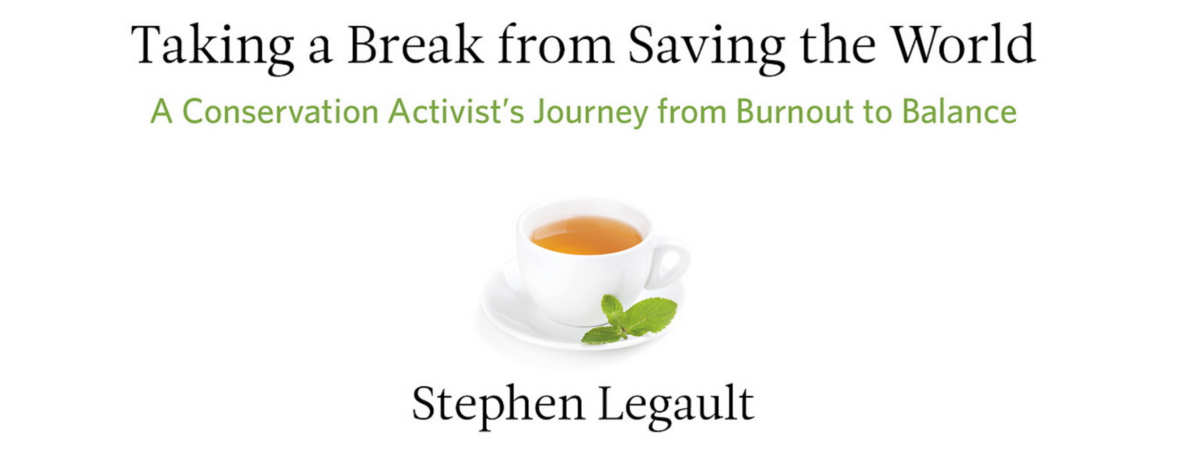
We all need to take a break sometimes. At the close of 2020 we hope you have time for one more book that will help put things in perspective. Stephen Legault’s Taking a Break from Saving the World: A Conservation Activist’s Journey from Burnout to Balance is the guide we all need to help reset, and come back future-positive in 2021.
SYMPHONY IN C: CARBON AND THE EVOLUTION OF (ALMOST EVERYTHING)
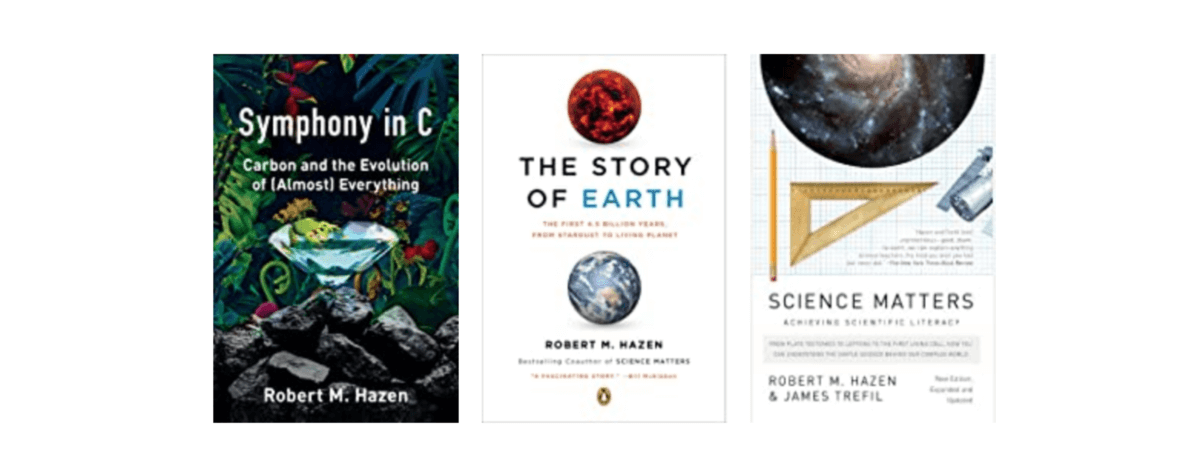
The humble carbon element has had a long history. As the building block of every living thing on our planet, it’s an essential part of our ecosystem. Tracing its path from the Big Bang to our bodies today, get to know this versatile element in Robert Hazen’s book, Symphony in C: Carbon and the Evolution of (Almost) Everything, as he unveils the mysteries of Carbon and all that surrounds it.
10 SIMPLE PRINCIPLES OF A HEALTHY DIET
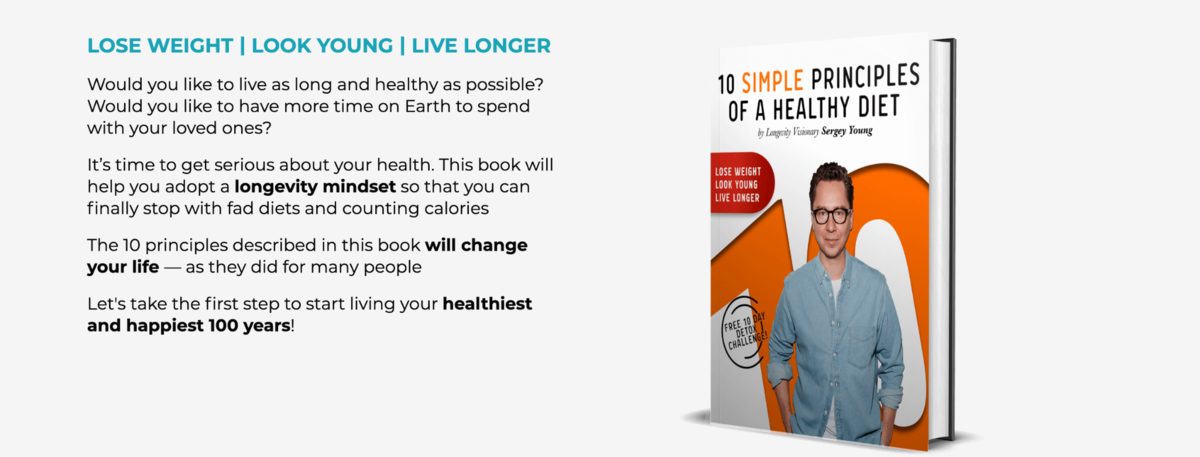
Feeding the next billion starts with feeding yourself right. In his new book, XPRIZE Innovation Board member and longevity visionary Sergey Young, explains how what you eat goes hand-in-hand with longevity. A delicious and conscious guide, 10 Simple Principles of a Healthy Diet, is here to help with not just the external effects of eating right - but the internal effects too.
FRANKENSTEIN
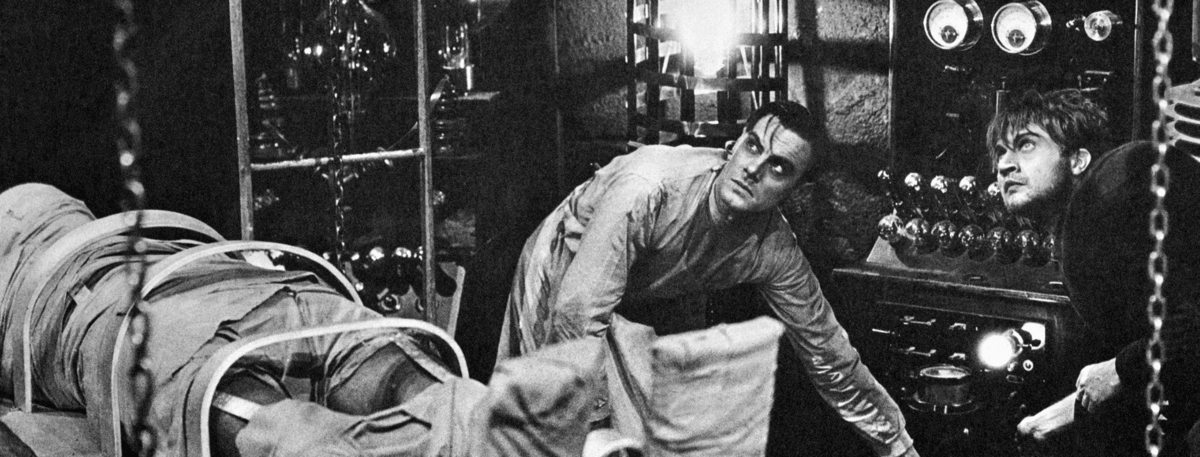
The idea of created intelligence is nothing new - for many of us, Frankenstein is our first brush with it. But the character is more than just a Halloween costume or iconic monster. The story of Victor Frankenstein, the scientist who created the OG AI has been re-released and has never been more relevant to the world we’re living in today. Relive this classic tale that touches upon the pursuit of knowledge, the nature of beauty and the monstrosity that’s inherent to humans.
21 LESSONS FOR THE 21ST CENTURY
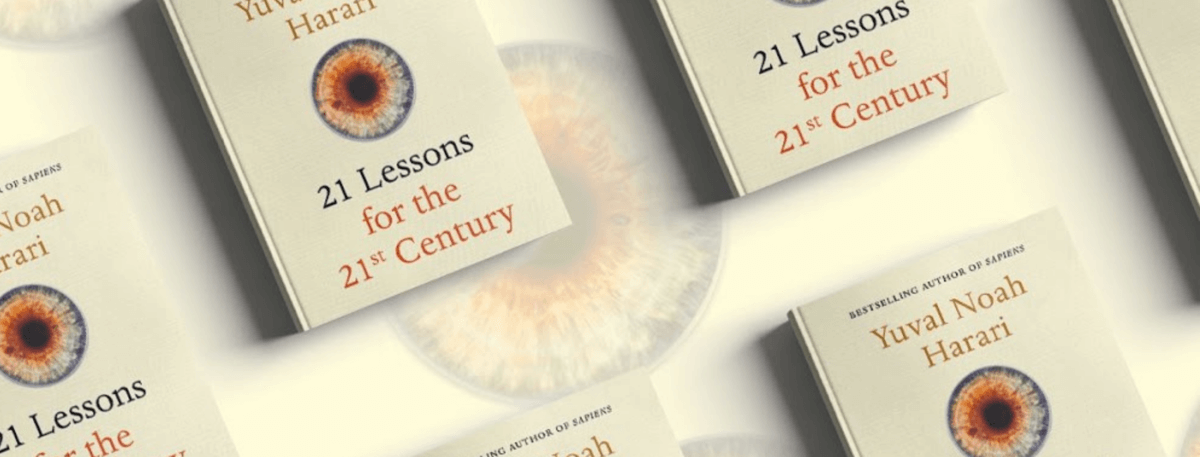
How do computers and robots change the meaning of being human? How do we deal with the epidemic of fake news? Are nations and religions still relevant? What should we teach our children? So many questions, so little time. That’s why Yuval Noah Harari’s 21 lessons for the 21st Century is so important for navigating the future. Survival of the scientists.
12 BOOKS TO GET YOUR THROUGH THE PANDEMIC

Reading rates have jumped during this pandemic, as more people are turning pages to pass the time. With many areas of the world slowing or reversing attempts to open back up, you might need a stack of books to make it to the end of the year. Fiction, non-fiction, mindfulness, the human condition, this list has it all.
VIRUSES: A VERY SHORT INTRODUCTION
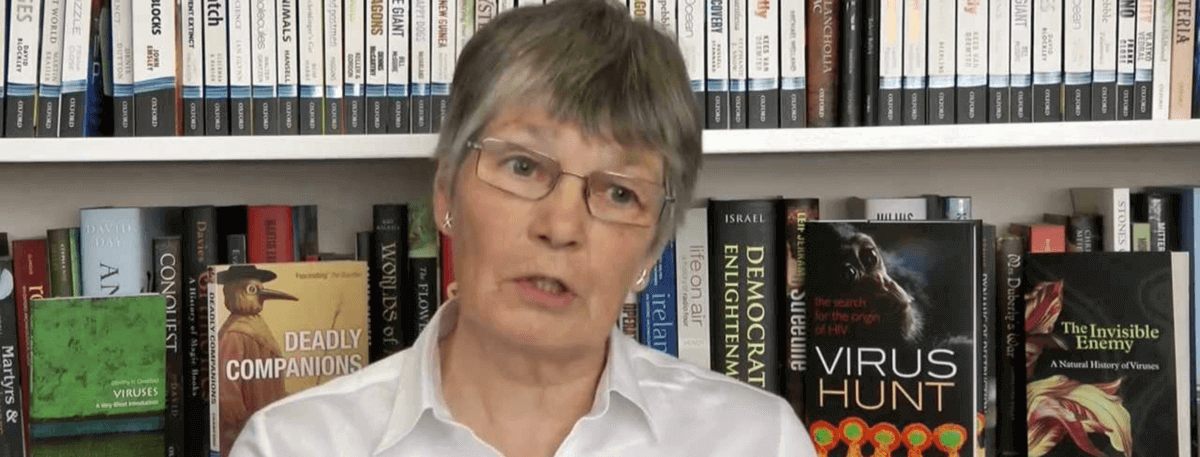
In order to develop ubiquitous tests during a pandemic, expert knowledge of the virus is required. If you’re curious about the planet's most abundant life form then Get to know Viruses, part of a series by Dorothy Crawford, has you covered. Ebola, Zika, MURS, SARS, COVID-19 are all microscopic biological structures that have a global impact.
DEARLY
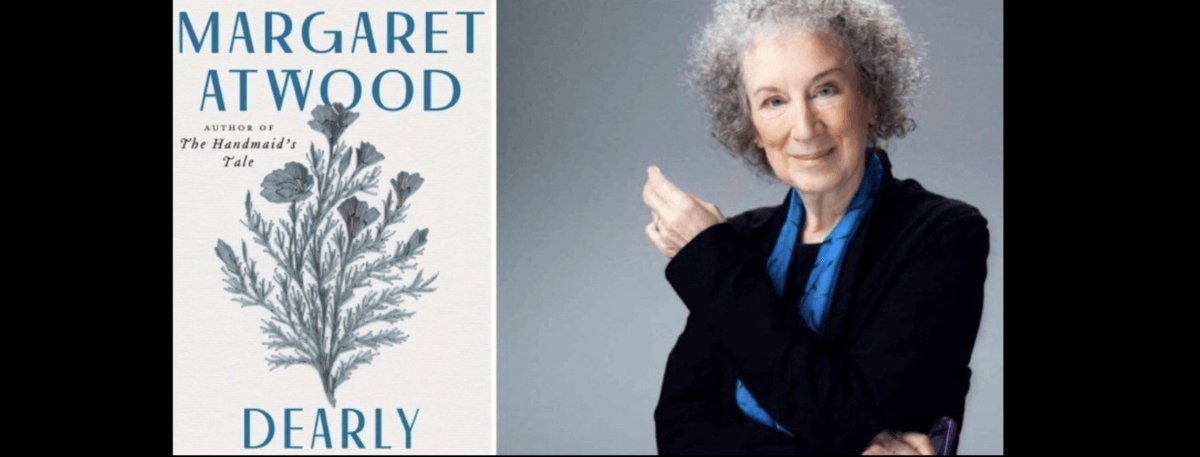
If you need an escape from reality this week, we get it. Dearly, a new collection of poems by our Science Fiction Advisory Council member Margaret Atwood drops tomorrow. Although she is a prolific writer, this is her first book of poetry in over a decade. Pre-order it here.
AMERICAN MOONSHOT
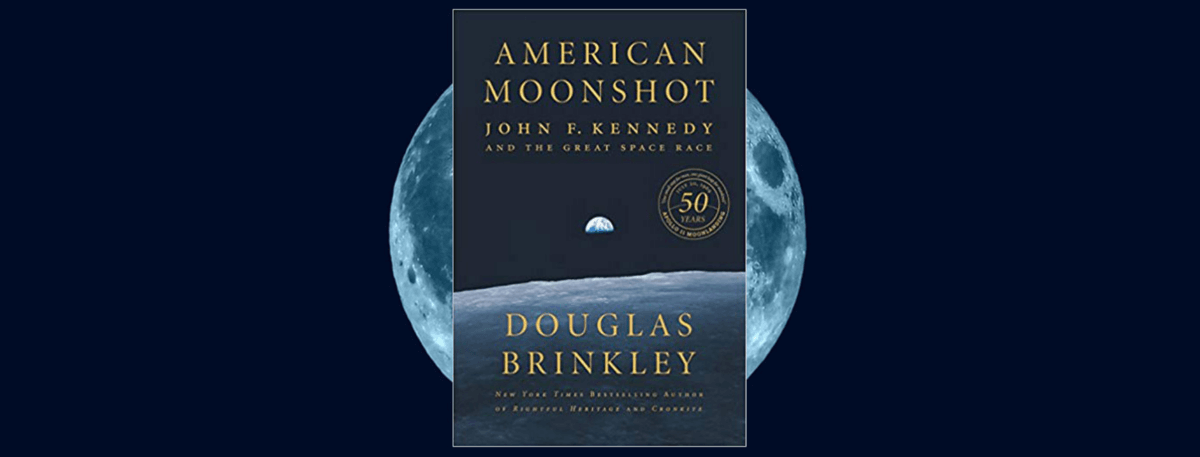
The results of your vote can last for generations. U.S. President John F. Kennedy’s decision to support space travel is a key factor in why XPRIZE exists today. Blast off with NYT bestselling author, Douglas Brinkley, as he takes a fresh look at the space program, President JFK's inspiring challenge, and America's race to the moon.
WHAT WE LEARNED IN THE RAINFOREST
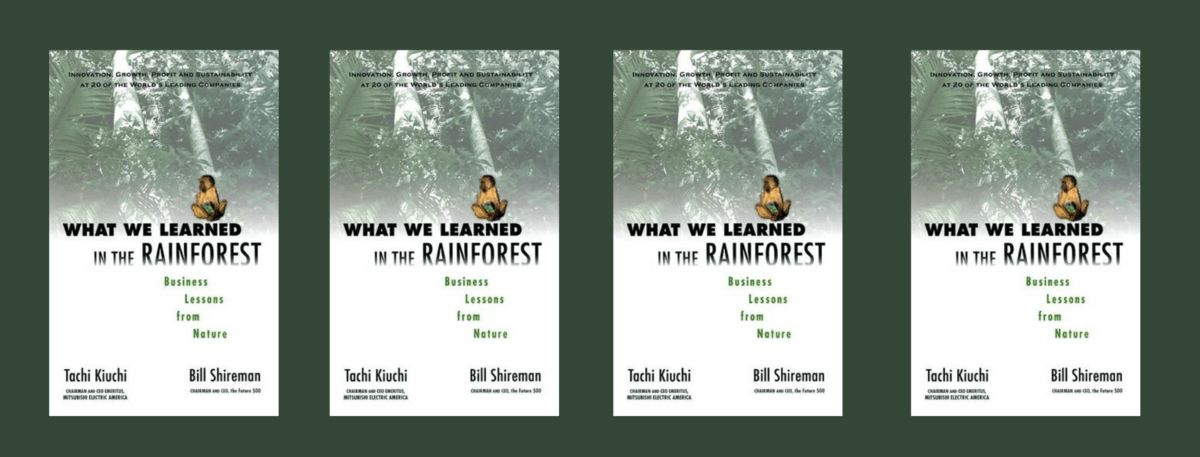
Rainforests, as we know, are complex living systems which can survive on their own. Authors, Kiuchi and Shireman, argue that our business models need to adapt to this nature-like mindset and use real-life examples to prove the point. The best business lessons we can get are from nature, which is why What We Learned in the Rainforest is sitting on our nightside table.
NEW YORK 2140
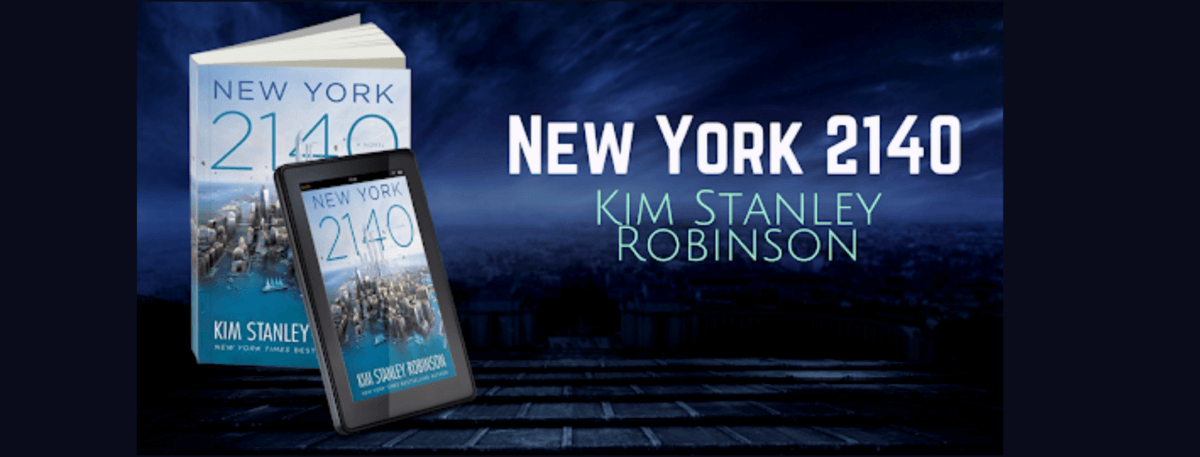
Fast forward to New York 2140. An audacious story of a market trader, an internet star and a group of elusive coders, set in a watery vision of New York City. Author and XPRIZE Sci-Fi Council member Kim Stanley Robinson takes us into the future to see what the iconic city could be like in 120 years.
APPLIED IMAGINATION: PRINCIPLES & PROCEDURES OF CREATIVE THINKING
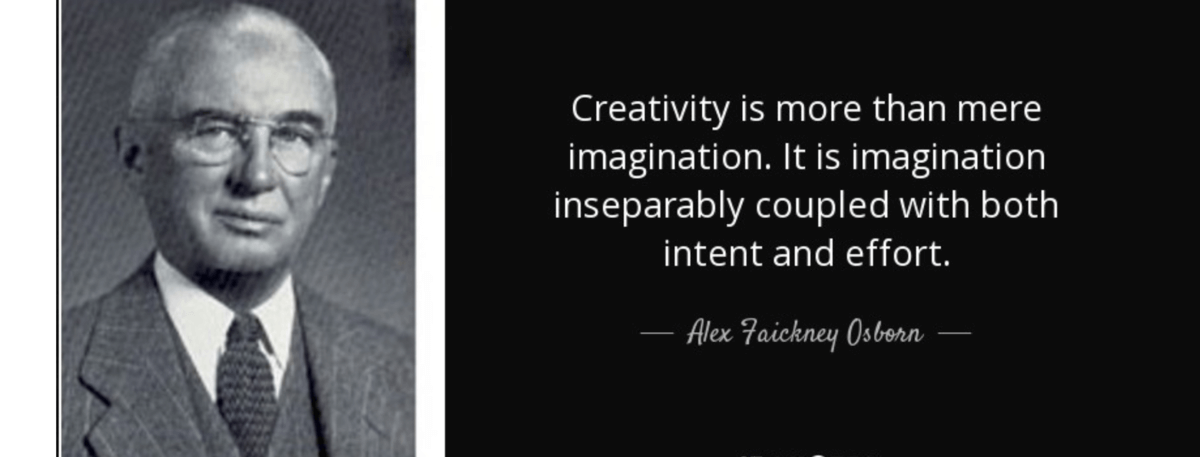
Get ready for a brainstorm. We’re turning the page back this week to the OG of creative problem solving, Alex Osborn, who actually created the term. Believing, "It is easier to tone down a wild idea than to think up a new one”, he started working on his methods in 1939 which crystallized in his 1953 book, Applied Imagination: Principles and Procedures of Creative Thinking.
THE FUTURE OF HUMANITY
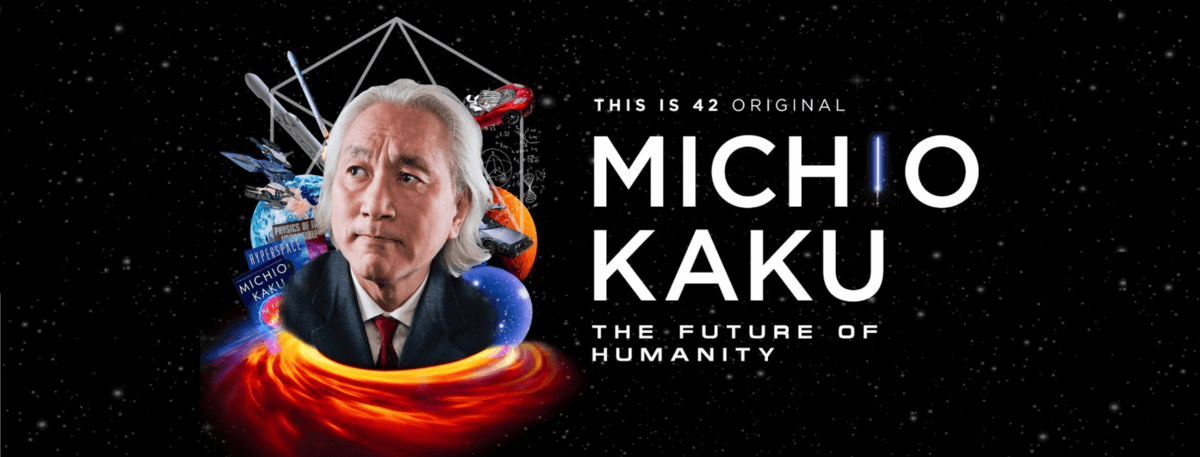
We are a naturally curious species, but living beyond our home planet isn’t just about avoiding existential threats here on Earth, long term survival for us makes colonizing space a necessity. In The Future of Humanity, forward-thinking physicist Michio Kaku gives us a guide to our possible starry homes and depicts what a sustainable civilization in outer space could look like.
MY TIME AMONG THE WHITES
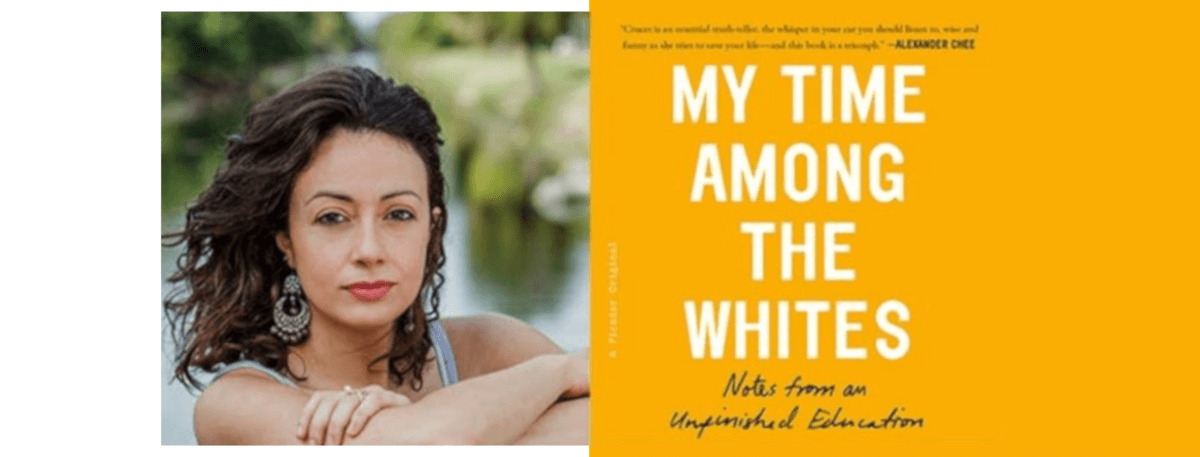
The daughter of Cuban refugees, author Jennine Capó Crucet talks about her experience as a first-generation American - and how that identity shaped her experience. In her collection of essays, My Time Among the Whites, she is both funny and brave as she looks at the American Dream through the lens of being a woman of color raised in Miami.
*As an Amazon Associate XPRIZE earns from qualifying purchases.